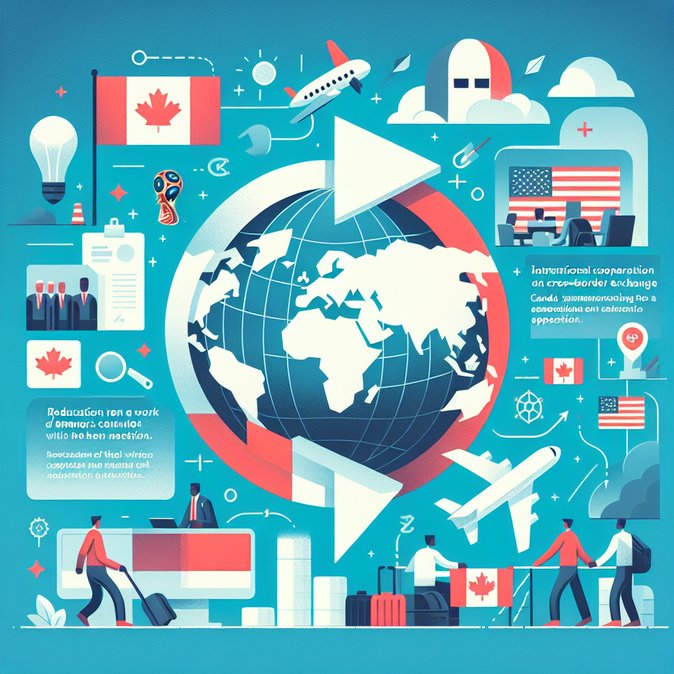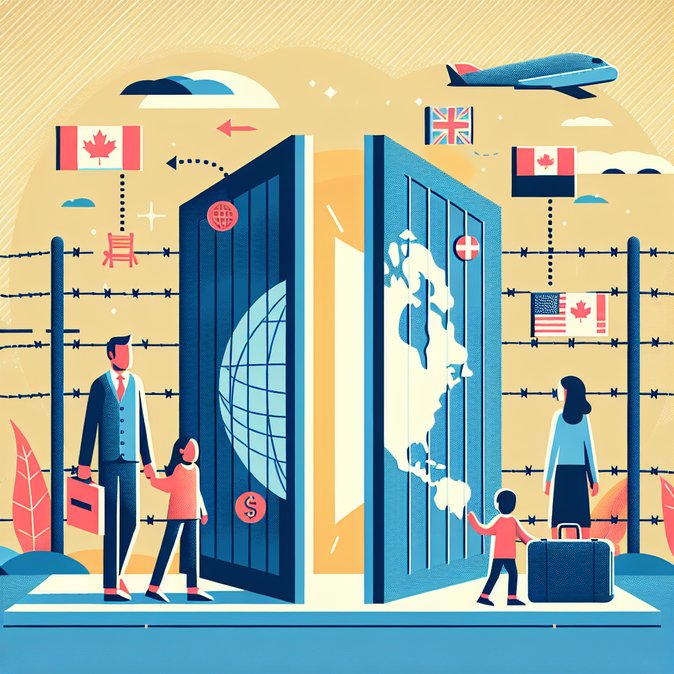
Canada has given the first concrete signal of how it plans to handle the labour surge tied to co-hosting the 2026 FIFA World Cup and the 76th FIFA Congress in Toronto and Vancouver. Under a public-policy measure signed on 19 November 2025, foreign nationals who hold an official invitation from FIFA—as employees, contractors or subcontractors—may enter and work in Canada without first securing a work permit between 1 December 2025 and 31 July 2026. The exemption applies only to individuals named on a dedicated FIFA microsite and carrying the requisite invitation letter. All other admissibility rules (security, health and biometrics) remain in force.
Officials invoked subsection 25.2 of the Immigration and Refugee Protection Act to justify the temporary measure, arguing that streamlined entry is indispensable to delivering a tournament expected to draw 2.5 million spectators and inject more than CAD 3 billion into the North-American economy. The new policy supersedes an earlier, narrower exemption issued in October and aligns Canada with the United States’ newly announced “FIFA Pass,” which expedites visa interviews for ticket-holders and accredited personnel.
![Canada Waives Work-Permit Requirement for FIFA-Invited Staff Ahead of 2026 World Cup]()
For employers, the change removes the administrative burden of applying for short-duration LMIA-exempt work permits and paying the CAD 260 compliance fee. In practice, stadium-construction engineers, broadcast crews, security consultants and event-management specialists can now be deployed on short notice, provided they carry their FIFA credentials. Immigration lawyers nonetheless warn companies to maintain records of each assignment to prove that the work performed is directly linked to FIFA-sanctioned events and falls within the approved timeframe.
Travel-risk managers should note that the exemption does not relieve travellers of the need for Electronic Travel Authorisations (eTAs) or visitor visas if they are visa-required nationals, nor does it waive Canada Border Services Agency (CBSA) inspection powers. Corporations are advised to build a compliance checklist that covers admissibility documents, health insurance and return-travel guarantees for all personnel.
From a broader mobility perspective, the policy showcases Canada’s readiness to deploy targeted immigration levers for mega-events—mirroring previous exemptions for the Toronto Pan-Am Games and COP 15 in Montréal. If successfully implemented, the framework could serve as a template for future global conferences and sporting spectacles, offering multinational companies a predictable route for time-sensitive deployments.
Officials invoked subsection 25.2 of the Immigration and Refugee Protection Act to justify the temporary measure, arguing that streamlined entry is indispensable to delivering a tournament expected to draw 2.5 million spectators and inject more than CAD 3 billion into the North-American economy. The new policy supersedes an earlier, narrower exemption issued in October and aligns Canada with the United States’ newly announced “FIFA Pass,” which expedites visa interviews for ticket-holders and accredited personnel.

For employers, the change removes the administrative burden of applying for short-duration LMIA-exempt work permits and paying the CAD 260 compliance fee. In practice, stadium-construction engineers, broadcast crews, security consultants and event-management specialists can now be deployed on short notice, provided they carry their FIFA credentials. Immigration lawyers nonetheless warn companies to maintain records of each assignment to prove that the work performed is directly linked to FIFA-sanctioned events and falls within the approved timeframe.
Travel-risk managers should note that the exemption does not relieve travellers of the need for Electronic Travel Authorisations (eTAs) or visitor visas if they are visa-required nationals, nor does it waive Canada Border Services Agency (CBSA) inspection powers. Corporations are advised to build a compliance checklist that covers admissibility documents, health insurance and return-travel guarantees for all personnel.
From a broader mobility perspective, the policy showcases Canada’s readiness to deploy targeted immigration levers for mega-events—mirroring previous exemptions for the Toronto Pan-Am Games and COP 15 in Montréal. If successfully implemented, the framework could serve as a template for future global conferences and sporting spectacles, offering multinational companies a predictable route for time-sensitive deployments.


